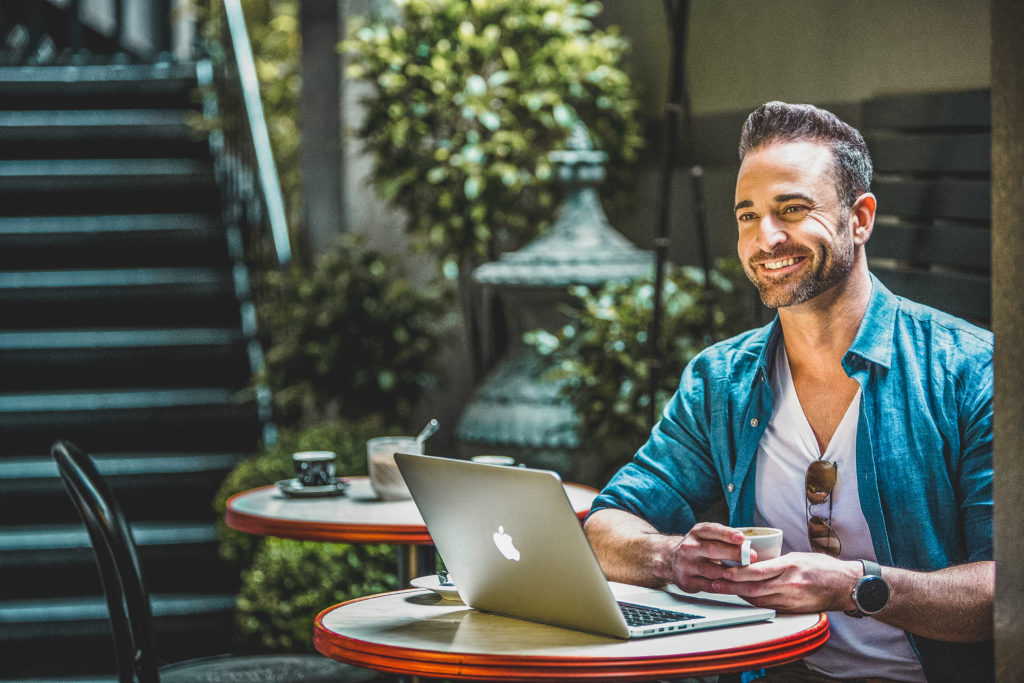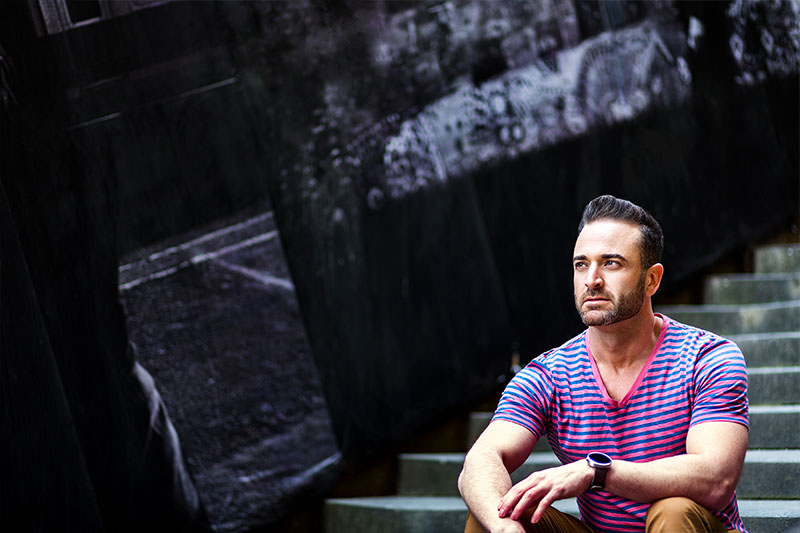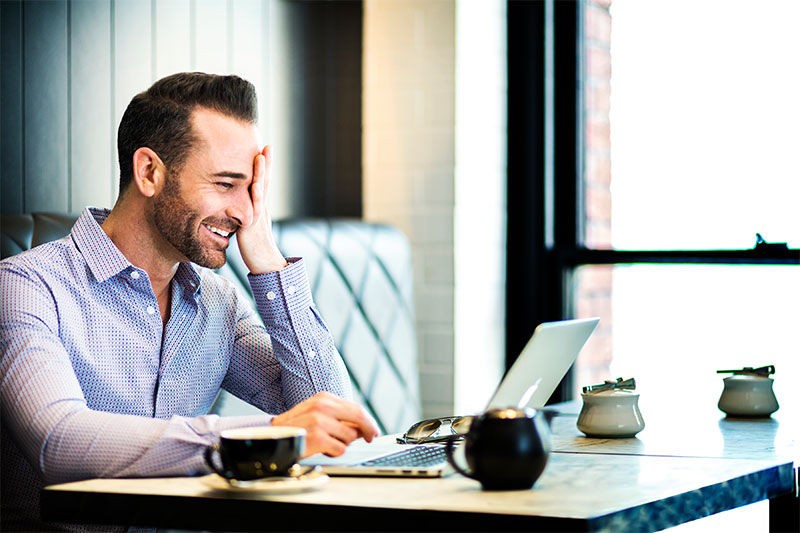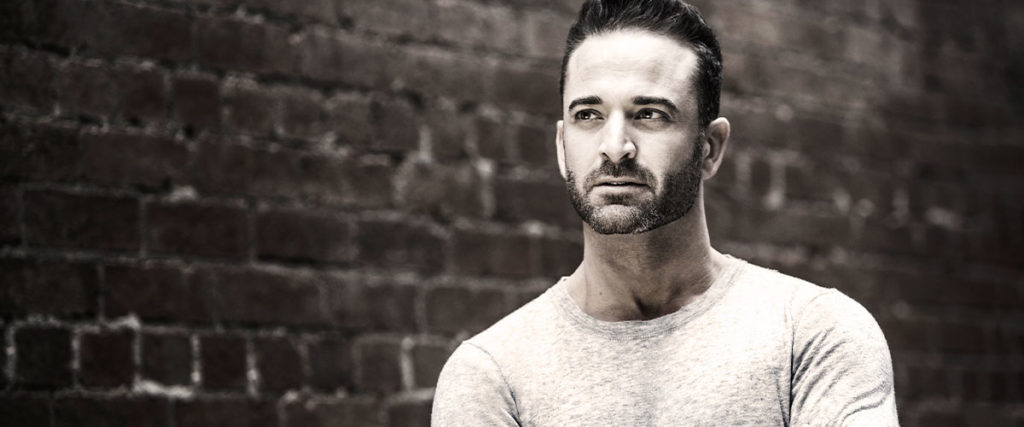Why has Silicon Valley stopped eating lunch? Biohacking expert Ben Angel breaks down the health craze making headlines.
It’s the health trend that has seen Silicon Valley entrepreneurs embark on a cycle of multiple-day fasting, meal replacement shakes, and cognitive enhancers in the quest for optimal productivity, but what exactly is biohacking? “It’s the science of looking into your biochemistry and psychology, and changing internal and external environmental factors to optimise us and our peak performance, body and mind,” says Ben Angel, Australian author of “Unstoppable: A 90-Day Plan to Biohack Your Mind and Body for Success” and creator of a 13-week biohacking course that has over 350,000 users globally. An avid believer in the fact that hormonal imbalances, nutritional deficiencies and poor gut health affect our mental well being, he is on a mission to help entrepreneurs reverse the ravages of ‘hustle culture’ by radically reviewing the way they live their lives. He talked Hive Life through the process.

Depression affects more than 300 million people globally, and Ben was no exception. “I had depression on and off for my entire life, but several years ago, I did a 3-month trip around North America that was my first real holiday in over 10 years. When I got back, I started experiencing brain fog and fatigue. I was dizzy and agitated all the time. I visited many doctors in Australia, did several blood tests, but they showed up normal. I was working out and eating well, but that didn’t coincide with how I was feeling. I felt exhausted to the point that I thought of quitting.” It was clear things had to change. “I had this crazy idea to pitch to Entrepreneur Magazine in the US that I would go on this 90-day mission to bio-hack my way back to health. And I remember that writing that proposal – something that would normally have taken half a day – took about two weeks because of how I was feeling.”
In a study done by The New York Times, it was found that 15.5 million Americans have been taking antidepressants for at least five years. This rate has almost doubled since 2010 and more than tripled since 2000 with entrepreneurs factoring heavily in the stats. According to the Freeman Study, 72% of entrepreneurs reported having a personal mental health history. “The medical system is broken,” exclaims Ben. “It’s tough for the doctors because you can’t successfully get to the root cause [of your depression] in 5-10 minutes. Biohacking is the next step up for health advice and presents itself as an alternative to get to the root cause of triggers.”
You might also like How to Master Your Phone Before It Masters You

Over the course of his research, Ben changed his surroundings, optimised his diet, and says he made discoveries as he went. “I’m highly sensitive to coconut and coffee. If I have either of those two things, it will trigger my depression. When researching, I came across someone who had been admitted to the psychiatric unit because of bipolar depression and split personalities. A doctor worked out that she was actually sensitive to caffeine and that was the root cause of triggering all the other issues.”
His advice to anyone looking into biohacking would be to “first, go to a functional doctor. Get a blood test. Check for nutritional deficiencies, which can mimic psychological disorders. That’s an instance where someone might be blaming themselves for being sad or not good enough, when, in fact, there’s an underlying cause to that. The second thing is cleaning up your food. So, avoid eating anything highly-processed or fried to avoid causing inflammation and issues (memory loss, lack of focus) in your brain. The third way is taking supplements and smart drugs (nootropics) to help improve brain performance and energy. My favourite one is L-Theanine. It relaxes me without sedation. In terms of how biohacking has changed me personally, I’m more conscious about my environment, what I put into my body, and what I’m willing or not willing to accept in my environment.”

Ben starts off his morning with meditation. “Every morning, I’m tricking my subconscious mind into thinking that I’ve been there and done it before. If I visualise an event, my mind goes back and forth ten times until I am no longer worried about it.” For those new to the process, he suggests wearing a Muse Headband. “It uses a biofeedback sensor. So, when you meditate, you’ll hear the sounds of the sea waves and your biosensor will tell you this is what a calm state feels like. When you’re stressed, the waves will pick up and sound like a storm. This biofeedback helps you retrain your brain to a specific mental state. Contrastingly, social media retrains the brain to focus for small packets of time. Using this device can help you get into that state of calm when you realise, as you start scrolling on social media, you have to stop and put it down because you have trained your brain to stop those distractions and reset.”
Its purported life-changing benefits notwithstanding, biohacking is subject to much scepticism. When Jack Dorsey, CEO of Twitter detailed his extreme weekend fasting habits to CNBC (intermittent fasting is a cornerstone of biohacking), the concept was called out for promoting eating disorders. But, as far as Ben is concerned, there is a case to be made for radically overhauling the way we perform some of the most basic functions in our lives. “When we’re stressed out or fatigued and craving food the second we start to get hungry, our brain starts to panic. This is also known as self-preservation. In that case, we should listen to our minds. That means, if you’re hungry, eat. If you’re tired, sleep. The whole ‘hustle until you die’ culture is devaluing the benefits of eight hours of sleep and a proper meal. We need to take a step back, to think that it’s not normal for us to have that high level of brain activity constantly throughout the day.”
Related Articles
AI-Driven Social Data Is Helping Us Build Better Neighbourhoods





